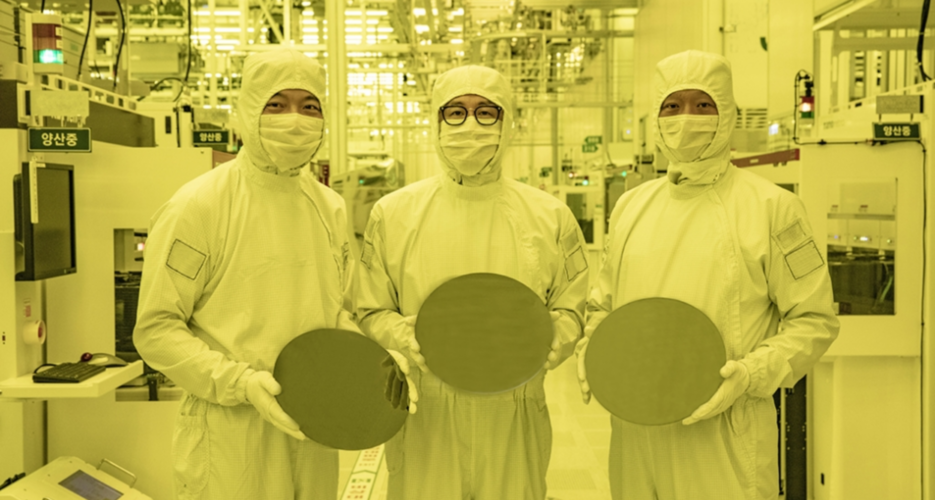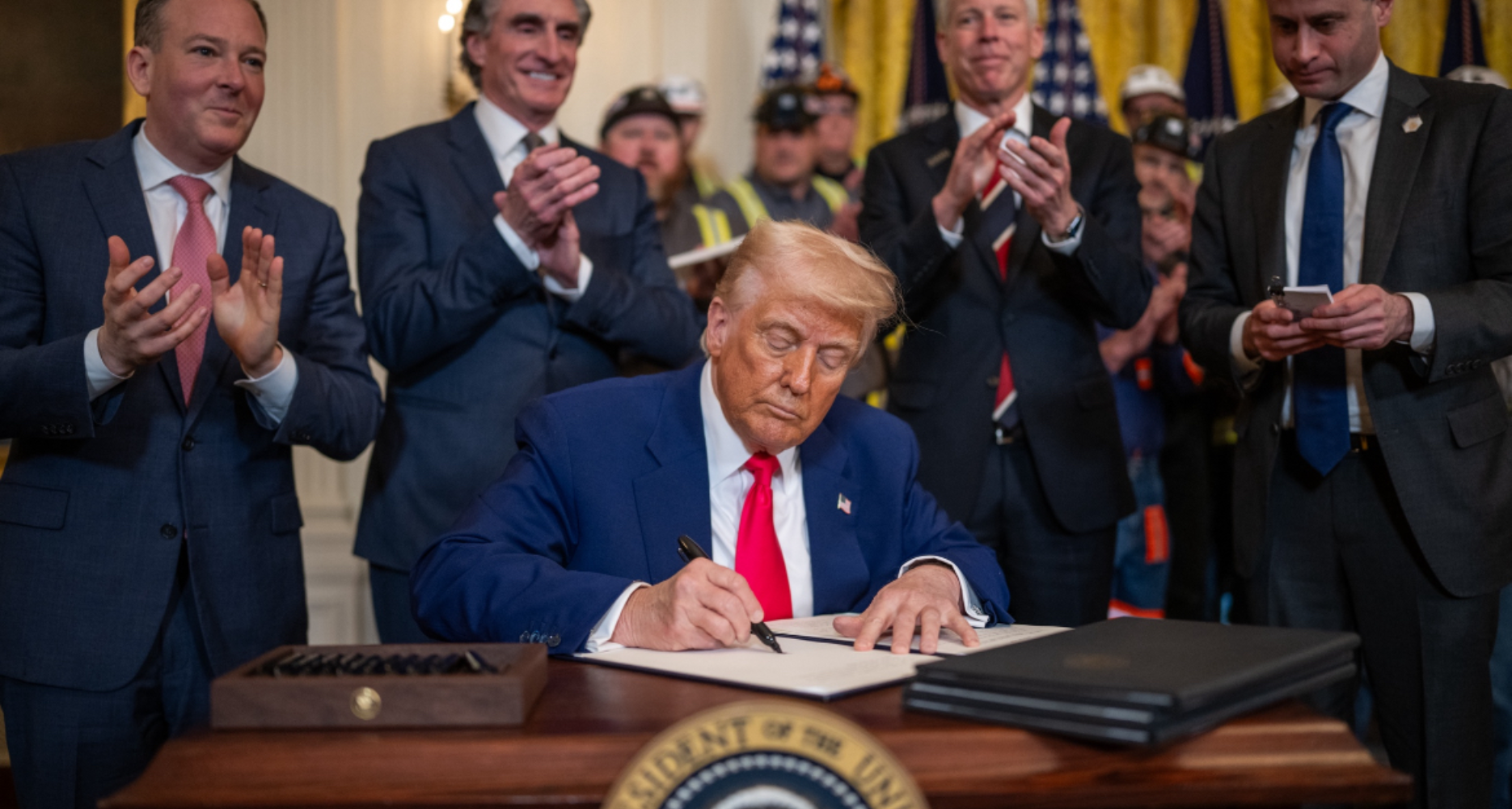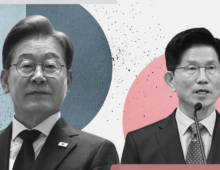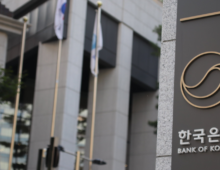Longer R&D hours give Samsung and SK Hynix an edge, but Lee Jae-myung’s potential win could reverse gains
South Korea’s finance ministry announced on Wednesday that it will extend the special approval period for semiconductor research and development (R&D) working hours from three months to six months to strengthen South Korea’s position in the global semiconductor race. The new policy will allow semiconductor firms to maintain 64-hour workweeks for the first three months, with a reduced limit of 60 hours for the remaining period. The reapproval process will be streamlined, and mandatory health checks will be introduced to protect workers’ welfare.
The decision comes after the broader Semiconductor Special Act, which sought to permanently lift work hour caps for semiconductor R&D, stalled last month after facing political opposition. By using the existing special approval system under the Ministry of Employment and Labor, the government is bypassing legislative gridlock to give semiconductor firms more operational flexibility.
WHY IT MATTERS
The finance ministry’s move is a tactical workaround to South Korea’s legislative deadlock on semiconductor labor policy. The Semiconductor Special Act failed to pass due to opposition from the Democratic Party (DP), which took issue with the bill’s exemption to the 52-hour workweek rule for semiconductor workers. By using administrative authority rather than legislation, the government is sidestepping political resistance to quickly support the semiconductor industry, giving chipmakers flexibility to accelerate R&D amid rising global competition.
However, this policy will likely be short-lived. President Yoon Suk-yeol’s impeachment trial is nearing its conclusion, and if the Constitutional Court upholds his removal, a new presidential election will follow within 60 days. DP leader Lee Jae-myung, the frontrunner in the race, leads a party that opposed the Semiconductor Special Act’s work-hour exemptions. Backed by a 170-seat majority in the National Assembly, Lee could easily reverse the finance ministry’s decision if elected.
If Lee reverses the work-hour exemption, South Korean chipmakers could face a double blow — reduced R&D flexibility at home and diminished access to the U.S. market, especially as U.S. President Donald Trump’s reciprocal tariffs are set to be implemented on April 2.
South Korea’s finance ministry announced on Wednesday that it will extend the special approval period for semiconductor research and development (R&D) working hours from three months to six months to strengthen South Korea’s position in the global semiconductor race. The new policy will allow semiconductor firms to maintain 64-hour workweeks for the first three months, with a reduced limit of 60 hours for the remaining period. The reapproval process will be streamlined, and mandatory health checks will be introduced to protect workers’ welfare.
The decision comes after the broader Semiconductor Special Act, which sought to permanently lift work hour caps for semiconductor R&D, stalled last month after facing political opposition. By using the existing special approval system under the Ministry of Employment and Labor, the government is bypassing legislative gridlock to give semiconductor firms more operational flexibility.
Get your
KoreaPro
subscription today!
Unlock article access by becoming a KOREA PRO member today!
Unlock your access
to all our features.
Standard Annual plan includes:
-
Receive full archive access, full suite of newsletter products
-
Month in Review via email and the KOREA PRO website
-
Exclusive invites and priority access to member events
-
One year of access to NK News and NK News podcast
There are three plans available:
Lite, Standard and
Premium.
Explore which would be
the best one for you.
Explore membership options












